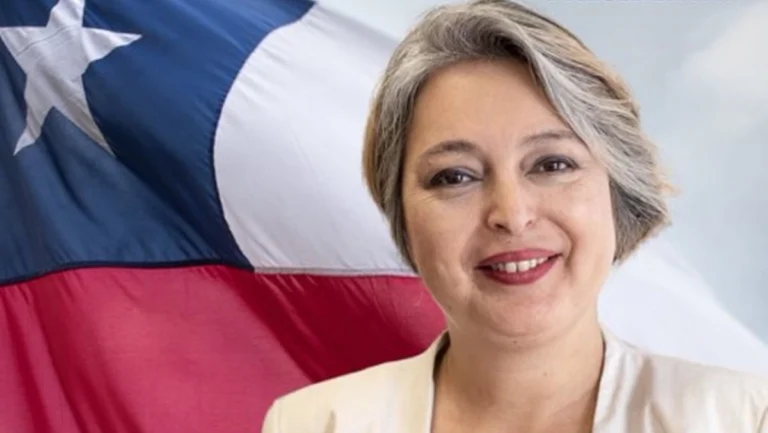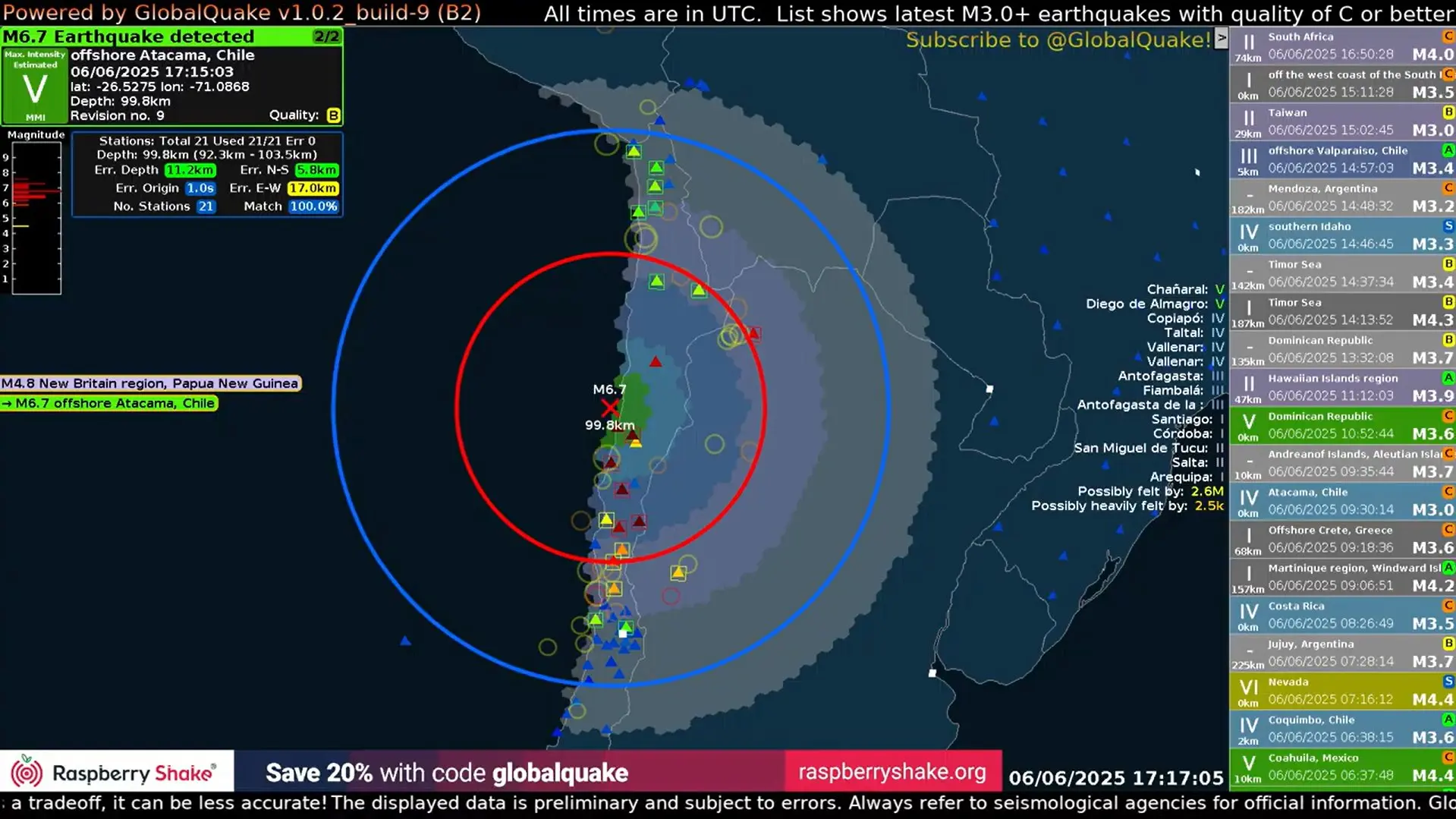Jeannette Jara’s Landslide Victory Shakes Up Chilean Presidential Primaries

Jeannette Jara. X/ @carmen_hertz
June 30, 2025 Hour: 8:56 am
She has become the first communist candidate to lead the left-wing presidential coalition.
With more than 60% of the vote on Sunday, Jeannette Jara — a member of the Communist Party and former labor minister under President Gabriel Boric — swept the progressive primaries and became the left-wing coalition’s official presidential candidate.
RELATED:
Chilean Cueca: A Living Tradition at the Nation’s Heart
Her overwhelming victory is attributed to her charisma, leadership at the Ministry of Labor and negotiation skills in pushing through key legislation for the Boric administration, including the pension reform.
“I call on everyone to hold hands and face the far right with the broadest possible political and social unity,” Jara said, appearing alongside her main rival, former Interior Minister Carolina Toha.
“I’m convinced that differences within the left are not a problem — they’re an opportunity,” added Jara, who represents the more hardline wing of Boric’s broad governing coalition.
The 51-year-old former minister will face a strong right-wing field in the first round of voting on Nov. 16, including Evelyn Matthei of Chile Vamos; Jose Antonio Kast of the far-right Republican Party; and Johannes Kaiser of the Libertarian Party.
A Historic Moment for the Communist Party
Jara’s victory marks a milestone for the Communist Party, as it is the first time a party member has become the presidential candidate for the entire left.
Born into a working-class family on the outskirts of Santiago, Jara is a lawyer and public administrator who entered government in 2016 when former President Michelle Bachelet appointed her undersecretary for social security.
When Boric tapped her to lead the Labor Ministry in 2022, she was largely unknown. Her popularity began to grow as legislation under her portfolio — such as the increase in the minimum wage and the reduction of the workweek to 40 hours — was approved. Her greatest legislative achievement was the pension reform, which passed after multiple concessions to the opposition.
“She has presented herself as a far more open and dialog-driven figure than the typical communist stereotype, even saying she could leave the party and showing a strong willingness to move toward the center,” said Claudia Heiss of the University of Chile.
The text reads, “Congratulations, Jeannette Jara, on your victory in the primaries. We, the Indigenous peoples, dream of being included in Chileans’ discourse and practice. No candidate in the primaries did so. We hope you do it!”
A Blow to Social Democracy and Boric’s Party
The campaign began with Toha as the favorite, but as the weeks went on, Jara gained momentum — though no poll predicted such a decisive win. Her sweeping victory is another blow to Chile’s traditional social democracy, which governed the country for two decades after the dictatorship and has been in decline for years.
In 2021, social democrats lost their dominant status when they were overtaken in the first round of the presidential elections by Boric’s Broad Front, a younger and more modern left.
“Center-left parties have lost touch with the public. It’s no longer enough to invoke the successful past of the Concertacion governments (1990–2010); they don’t seem to have answers that match the public’s current questions,” said Rodrigo Perez-Arce of the Universidad del Desarrollo.
The primaries also dealt a heavy blow to the Broad Front. Its candidate, lawmaker Gonzalo Winter, placed third with 9%, followed by lawmaker Jaime Mulet of the Social Green Regionalist Federation with 2.7%.
“We’ll work loyally to ensure that this candidacy offers the country the best possible project to compete with the right,” Toha said. She and the other three losing candidates accepted the results and expressed full support for Jara.
Jara’s Challenges Ahead
Maintaining unity on the left, expanding appeal to centrist voters and developing a compelling economic and security platform are among the key challenges Jara now faces.
For Julieta Suarez-Cao of the Pontifical Catholic University of Chile, Jara’s biggest test will be “controlling the agenda and debate to prevent the first round — as the right will try to frame it — from becoming a referendum on communism.”
Perez-Arce identified three main hurdles: overcoming the left’s low electoral popularity, managing a coalition that many want to distance themselves from, and easing fears about the Communist Party.
“What comes next won’t be easy, but Jeannette knows how to fight tough battles,” President Boric said, urging unity to “call on the majority of our fellow citizens to continue building a fairer, safer and happier country.”
teleSUR/ JF
Source: EFE






